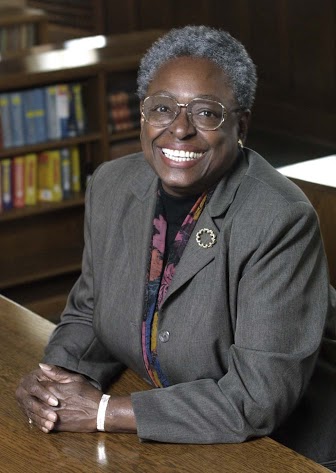College may not be the right choice for all high school grads

Each year at this time, high school seniors are busy completing college applications at the same time that they are planning their graduation parties. Juniors are attending spring college fairs as they begin to map their strategy to position themselves for admission to the college of their choice. Web addresses are broadly shared in the quest for scholarships and special programs. High school counselors begin gathering college admissions data and scholarship offers as measures of school quality.
As the world has become smaller and competition more global, we have increased the drumbeat around the need for every child to go to college. We say that each one should aspire to earning a college degree. Many media reports about education focus on the comparison of science and math scores of US graduates with foreign high school graduates. Others report on the percentage of college freshman who require remedial academic work. Yet others tell us about the most popular majors or the careers earning the highest salaries.
However, few discuss the issue of how students and parents should think about the “best fit” for the next phase of the graduate’s educational preparation.
It is clear that post-secondary education is essential for most students. However there is too little attention given to the opportunities that advanced manufacturing, the skilled trades, and other non-degreed options might offer. We talk very little about careers that do not require a college degree. Too often we minimize the value of career programs that may be the best option for many young people. We rarely say “Yes, aspire to college, but perhaps not right now.”
Having spent the majority of my professional life in higher education, I saw firsthand the sad stories of students who acquired significant debt, but did not attain a degree. I watched the loss of self-confidence and self-worth that comes with academic failure.
In some instances students dropped out for financial reasons. For others, it was lack of sufficient academic preparation, and for others it was the lack of maturity, focus, and/or motivation. In every instance, the costs were high. The psychological, emotional, and financial toll on families was frequently devastating.
College is but one option
I believe that it is time for a new conversation.
We must change our rhetoric to include all options for continued growth and development. School counselors, parents, and others must help today’s graduates find the ‘best fit’ for the next step in their educational journey. For many that will be a four year college or university. For others it will be a time out to work for several years before returning to study. Also community college, trade school, and apprenticeship programs should be explored with the same energy and respect for the opportunities that they offer as traditional college participation.
Our task as adults is to ensure that our secondary schools deliver a holistic education that gives the graduate a true choice in the next phase of his or her life.
If we truly believe that education is a lifelong pursuit, we can accept an incremental approach to career development. We can be happy for the big rig driver who is enjoying seeing the country as he earns his living. We will appreciate the skill in the cabinetry of a carpenter who wants to use his hands to build beautiful objects. We can support the culinary arts student who plans to open her own catering service.
Our nation needs doctors and dentists, we need social workers and teachers, architects and journalists. We must consistently recognize and increase the number of those who work in the knowledge economy. At the same time, we need plumbers and electricians, masons, and truck drivers. We need everyone to be productive and proud of their work. We must value all of the varied contributions to our communities; those jobs that require a college degree and those that do not.
Glenda D. Price is president of the Detroit Public Schools Foundation, and former president of Marygrove College.
See what new members are saying about why they donated to Bridge Michigan:
- “In order for this information to be accurate and unbiased it must be underwritten by its readers, not by special interests.” - Larry S.
- “Not many other media sources report on the topics Bridge does.” - Susan B.
- “Your journalism is outstanding and rare these days.” - Mark S.
If you want to ensure the future of nonpartisan, nonprofit Michigan journalism, please become a member today. You, too, will be asked why you donated and maybe we'll feature your quote next time!
 Glenda Price
Glenda Price